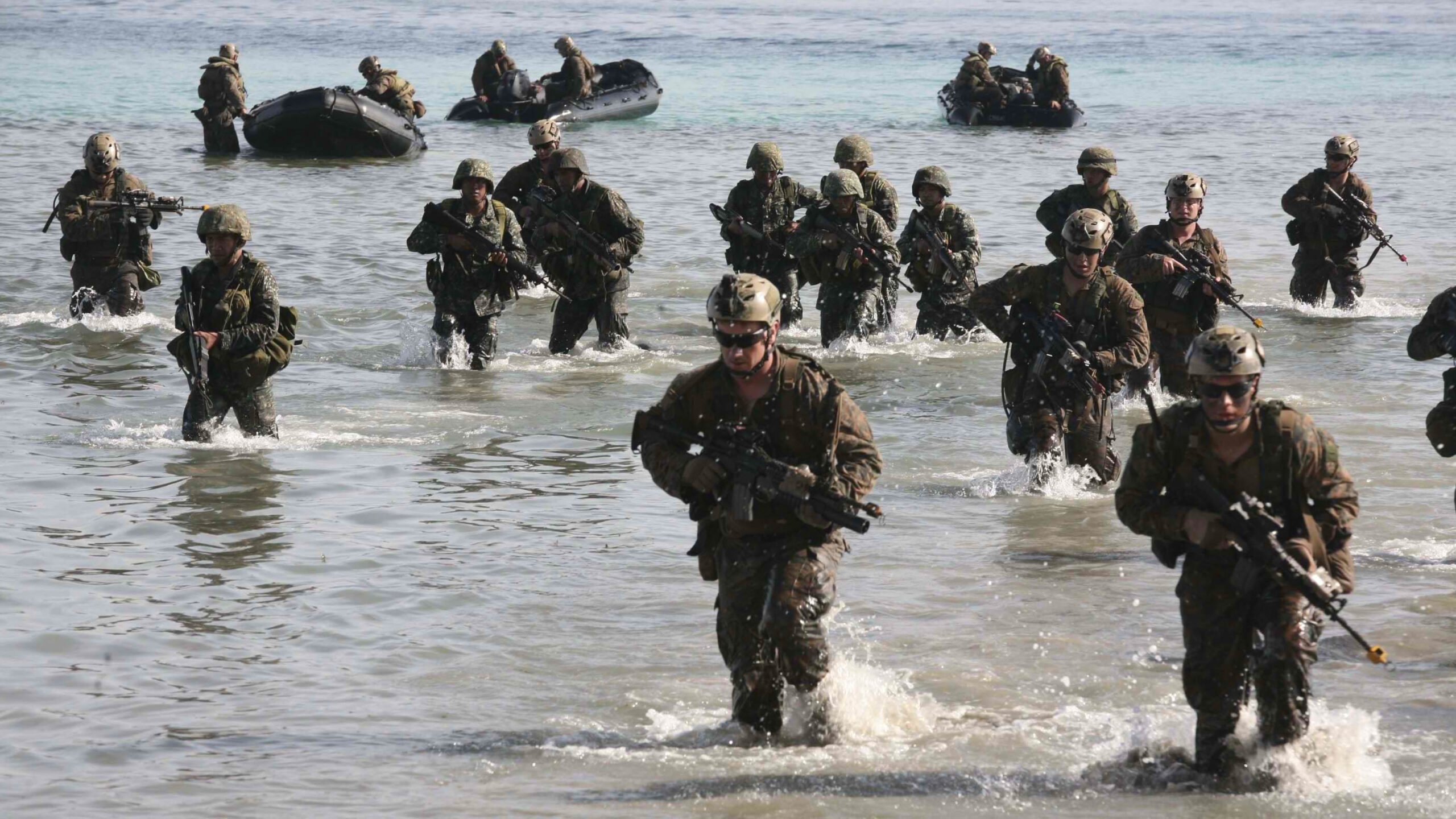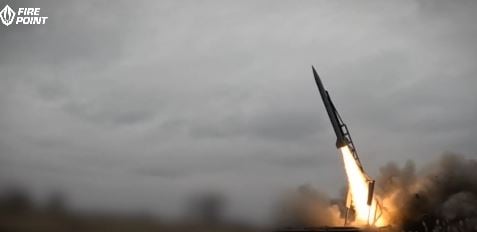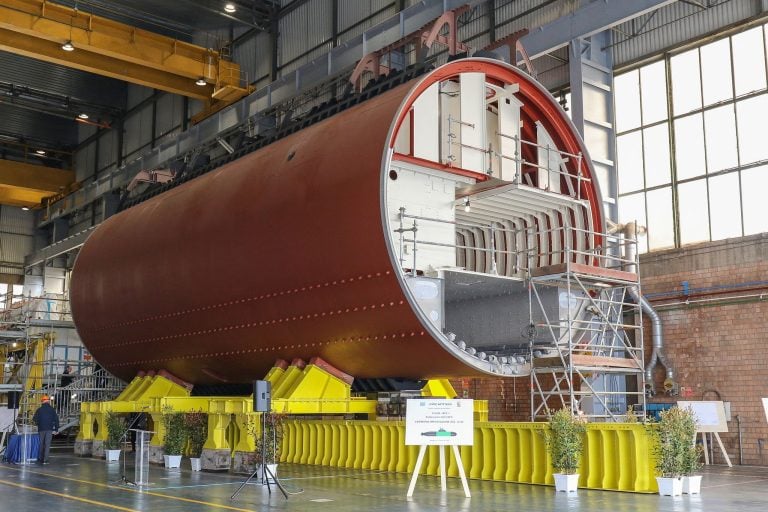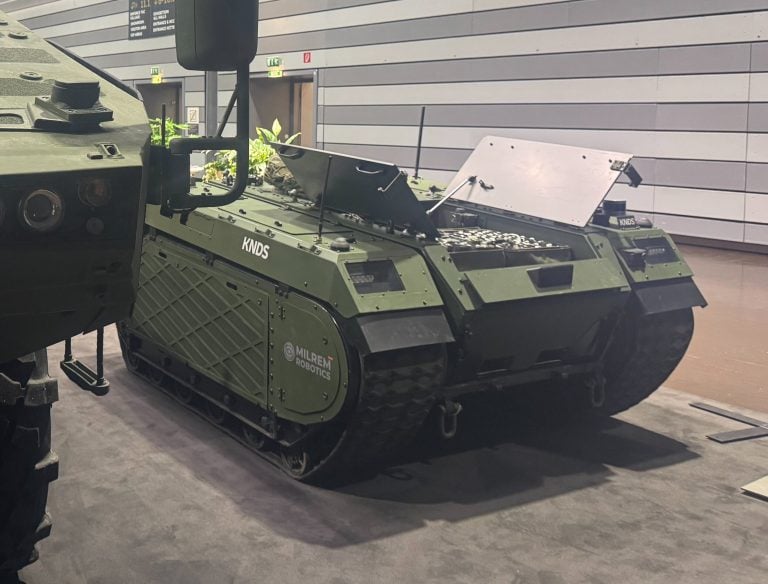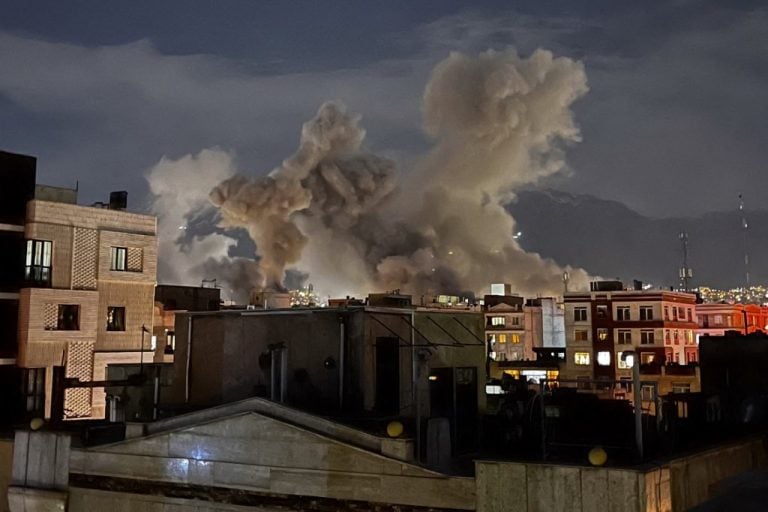The Philippine and US militaries have officially launched a series of joint exercises aimed at enhancing their defense capabilities and sending a strong message against Beijing’s assertive behaviors in the South China Sea. Running for three weeks, these exercises, known as “Balikatan,” which translates to “shoulder to shoulder,” are anticipated to involve approximately 17,000 personnel. Notably, this year’s drills will introduce an integrated air and missile defense simulation, a first for the annual event that is expected to draw the attention of President Ferdinand Marcos.
Among the advanced weaponry being showcased is the NMESIS anti-ship missile system, which will be strategically deployed near vital maritime chokepoints separating the northern Philippines from Taiwan, a self-ruled territory that China claims as its own. At the opening ceremony held in Manila, US Marine Corps Lieutenant General James Glynn emphasized the importance of these exercises in demonstrating both nations’ commitment to their mutual defense treaty established in 1951. “Nothing builds bonds more quickly than shared adversity,” he remarked, hinting at a common threat without explicitly mentioning it.
Philippines Major General Francisco Lorenzo stated that the 40th iteration of the Balikatan exercises aims to strengthen the Philippines’ ability to tackle contemporary security challenges. The event comes against a backdrop of ongoing tensions between the Philippines and China over territorial disputes in the South China Sea, particularly as the Philippines seeks to bolster its defense cooperation with the United States under Marcos’ administration.
The commitment of the US to its alliance with the Philippines was reiterated by US Defence Secretary Pete Hegseth during a recent visit, where he highlighted the necessity of deterrence, particularly in relation to perceived threats from China. In response to these military exercises, Beijing has accused Manila of collaborating with external nations, asserting that the drills undermine regional stability. Foreign ministry spokesman Guo Jiakun criticized the Balikatan exercises, claiming they have provoked strong opposition among neighboring countries.
Last year’s Balikatan drills included a demonstration of the US Typhon mid-range missile system, leading to discussions about the Philippines’ potential acquisition of the technology, a move that raised alarms in Beijing about an impending regional arms race. This year’s exercises will also feature the Typhon and the Marine Air Defense Integrated System (MADIS), designed to counter drone threats. Additionally, the Philippines’ Chief of Staff Romeo Brawner has indicated a desire to enhance the nation’s military capabilities through the acquisition of more advanced missile systems, warships, and fighter jets.
On April 2, the US announced the potential sale of $5.58 billion in F-16 fighter jets to the Philippines, although the deal remains in negotiation. Subsequently, Manila received its first of two corvette-class warships from South Korea, equipped with advanced weaponry and radar systems, as part of ongoing military upgrades.
As tensions surrounding Taiwan continue, especially in light of recent Chinese military exercises simulating a blockade around the island, Brawner noted that the Philippines would “inevitably” be involved if Taiwan were to come under threat. Although these comments were framed within the context of protecting Filipino workers in Taiwan, the Philippines’ Enhanced Defense Cooperation Agreement with the US allows for American troops to access nine bases across the nation, positioning Manila as a crucial ally in any potential conflict involving China.
On the topic of Taiwan, Major General Lorenzo expressed that the Balikatan exercises could have the potential to deter conflict regarding the island. However, both the US and Philippine militaries clarified that the exercises are not specifically designed to address a possible scenario of a Chinese invasion. In addition to the US and Philippine forces, smaller contingents from Australia and Japan are also participating in the Balikatan exercises.
